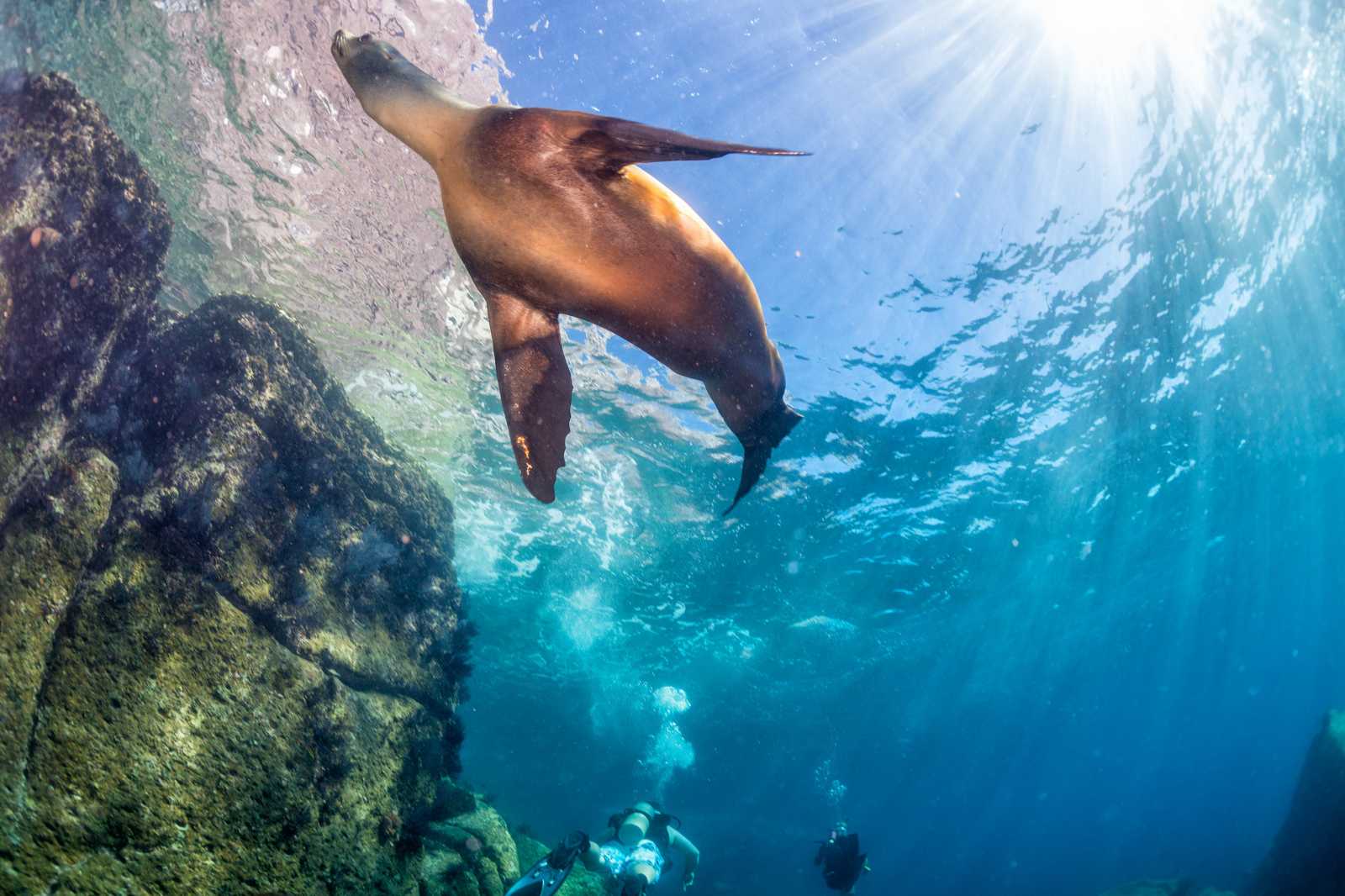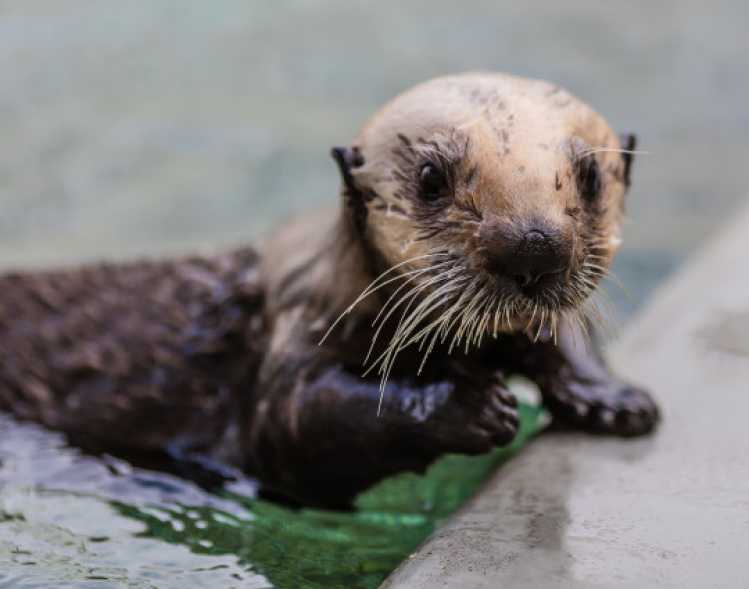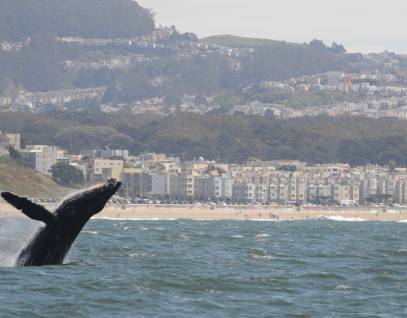
An Advocate and Champion for Ocean Health
A Timely Message from Our CEO
Our mission is to protect the health of our ocean through our work with marine mammals. We have done this for 50 years, and you can count on us to continue to do so for the next 50 and beyond.
The results of this week’s election raise significant concerns about a federal resolve to protect ocean health. Based on stated intentions, there will likely be deliberate efforts to weaken the federal agencies that focus on the ocean and wildlife protection. At The Marine Mammal Center, we are deeply concerned about any systematic attempt to dismantle federal laws, regulations, and policies necessary to conduct this urgent work.
We have worked with many diverse partners to achieve our goals; from federal, state, and local agencies to fisheries, the shipping industry, dog walkers, and scuba divers. Mutual concern for the health of our shared ocean is what brings these varied stakeholders together to work tirelessly, cooperatively, and effectively to protect our most valuable resource.
All life on Earth depends on a healthy ocean to thrive. Over the next days, weeks, months, and years we will continue our critical work alongside our partners to safeguard those measures that enable us to meet our mission. We will work in collaboration with the new administration, as we have with many before, but, ultimately, our mission to protect our ocean and marine mammals is unwavering.
If these concerns resonate with you, please know you are not powerless. Caring people like you coming together to find creative, sustainable solutions has led to countless conservation success stories – and will lead to countless more. Find actionable ways to be a powerful champion for our ocean below.
Cecily Majerus, Chief Executive Officer
Our Conservation Programs
The Center is committed to being an advocate and champion for ocean health—a voice for the patients it cares for—and to inspiring a sea of change to protect the ocean’s future.
Animals rescued by the Center reveal threats facing our ocean, from toxins and pollution, depleted fish stocks and increasing prevalence of ocean trash to chemical changes associated with warming water temperatures.
Marine mammal health, ocean health and human health are linked. The work of the Center advances medical knowledge and understanding about these links to inform conservation policy, inspire consumer and corporate behavior change and protect our future.
Sign up for email from The Marine Mammal Center to stay updated on how you can be an advocate and champion for marine mammals and ocean health.

Protecting Endangered Species
The Marine Mammal Center has worked extensively with species that are considered to be endangered or threatened, such as the southern sea otter, Hawaiian monk seal and Guadalupe fur seal. Threatened and endangered species are species that are at risk of extinction. These species are protected in the United States under the Endangered Species Act.
In addition, all marine mammals are protected in the United States by the Marine Mammal Protection Act, which makes it illegal to harass, feed, hunt, capture or kill any marine mammal. As a nonprofit funded by people like you, The Marine Mammal Center has special permits from the federal government that allow us to respond to stranded marine mammals.
These laws, as well as other international laws and treaties protecting marine mammals, play a critical role in the survival of marine mammals and the health of our ocean ecosystem.
Taking Action at The Marine Mammal Center



As the world’s largest marine mammal hospital, we are committed to a greener future for marine mammals and people. We strive to incorporate environmentally friendly practices into all aspects of our work and serve as a role model for other businesses and communities to reduce their energy and carbon footprint.
Staff and volunteers at the Center have led efforts to implement green policies and programs that protect our natural resources, reduce energy use and waste, and build respect for the environment.
- Installed three Electric Vehicle (EV) charging stations for use by guests, volunteers and staff, thanks to the generosity of PG&E
- Distributed 1,000 pairs of reusable gloves for use by our animal care volunteers and veterinarians, thanks to a donation from Casabella
- Installed a reusable water bottle station in our courtyard, providing easy refill access to volunteers and visitors
- Established a composting program for both human food waste and uneaten fish from our patients
- Eliminated single-use plastic from our retail shipping packaging by using compostable paper-based tape and compostable/recyclable shipping labels; bubble-wrap used for fragile items is sourced secondhand
- Purchased over 100,000 pounds of seafood for patients annually from responsibly sourced wild and farmed fisheries
- Utilized solar panels on buildings and over patient pens to generate clean energy that supports the operations of the hospital
PG&E is The Marine Mammal Center's Corporate Sustainability Partner











